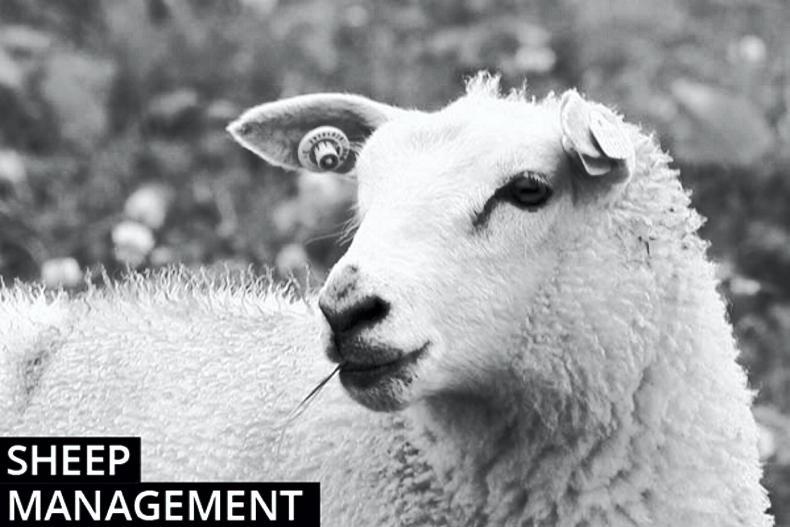The Department of Agriculture has released its liver fluke forecast. Based on advice of the Liver Fluke Advisory Group, it confirms a high risk of liver fluke infection for most parts of the country. The only areas with a lower warning are isolated areas of the east and southeast, but caution is still required here, with the report pointing to a risk of occasional losses in untreated animals.
The high risk forecast is based on Met Éireann weather patterns and backed up by analysis carried out by the Regional Veterinary Laboratories. Blood samples from a semi-random selection of 928 lambs across 24 counties were tested for liver fluke antibodies. Compared to 2015, the number of samples with moderate to heavy challenge increased by 22% and 24% respectively, with these lambs located on farms in the midlands and west. A similar situation is likely to be reported from the fluke forecast in Northern Ireland.
The report also advises farmers to account for farm-to-farm variation, with wetter areas and more marginal lands where liver fluke has traditionally occurred most at risk. The greatest risk at present is from acute liver fluke caused by the ingestion and presence of high numbers of larvae in the early immature and immature stages. Therefore products should be selected that target these stages. Treating animals with a product that targets solely mature liver fluke is not sufficient. Products should also alternate across different active ingredients to lower the risk of resistance developing. The Department also advises to make use of factory reports of lambs and to submit any dead sheep for postmortem examination.
Rumen fluke
There is also discussion at present on rumen fluke, given flooding last winter/spring. The report says there have been significant –but as of yet isolated – incidents where immature rumen fluke has been diagnosed as the principal cause of mortality in cattle and sheep in the west and east in the last six weeks. It cautions farmers, however, not to treat animals needlessly with identification of rumen fluke eggs alone in faecal samples not enough reason to warrant treatment. Animals should also show tell-tale signs, such as scouring or poor performance, with advice sought from your vet about possible threats and treatment.
Read more
Sheep management: Intensively finishing lambs
The Department of Agriculture has released its liver fluke forecast. Based on advice of the Liver Fluke Advisory Group, it confirms a high risk of liver fluke infection for most parts of the country. The only areas with a lower warning are isolated areas of the east and southeast, but caution is still required here, with the report pointing to a risk of occasional losses in untreated animals.
The high risk forecast is based on Met Éireann weather patterns and backed up by analysis carried out by the Regional Veterinary Laboratories. Blood samples from a semi-random selection of 928 lambs across 24 counties were tested for liver fluke antibodies. Compared to 2015, the number of samples with moderate to heavy challenge increased by 22% and 24% respectively, with these lambs located on farms in the midlands and west. A similar situation is likely to be reported from the fluke forecast in Northern Ireland.
The report also advises farmers to account for farm-to-farm variation, with wetter areas and more marginal lands where liver fluke has traditionally occurred most at risk. The greatest risk at present is from acute liver fluke caused by the ingestion and presence of high numbers of larvae in the early immature and immature stages. Therefore products should be selected that target these stages. Treating animals with a product that targets solely mature liver fluke is not sufficient. Products should also alternate across different active ingredients to lower the risk of resistance developing. The Department also advises to make use of factory reports of lambs and to submit any dead sheep for postmortem examination.
Rumen fluke
There is also discussion at present on rumen fluke, given flooding last winter/spring. The report says there have been significant –but as of yet isolated – incidents where immature rumen fluke has been diagnosed as the principal cause of mortality in cattle and sheep in the west and east in the last six weeks. It cautions farmers, however, not to treat animals needlessly with identification of rumen fluke eggs alone in faecal samples not enough reason to warrant treatment. Animals should also show tell-tale signs, such as scouring or poor performance, with advice sought from your vet about possible threats and treatment.
Read more
Sheep management: Intensively finishing lambs






 This is a subscriber-only article
This is a subscriber-only article





SHARING OPTIONS: